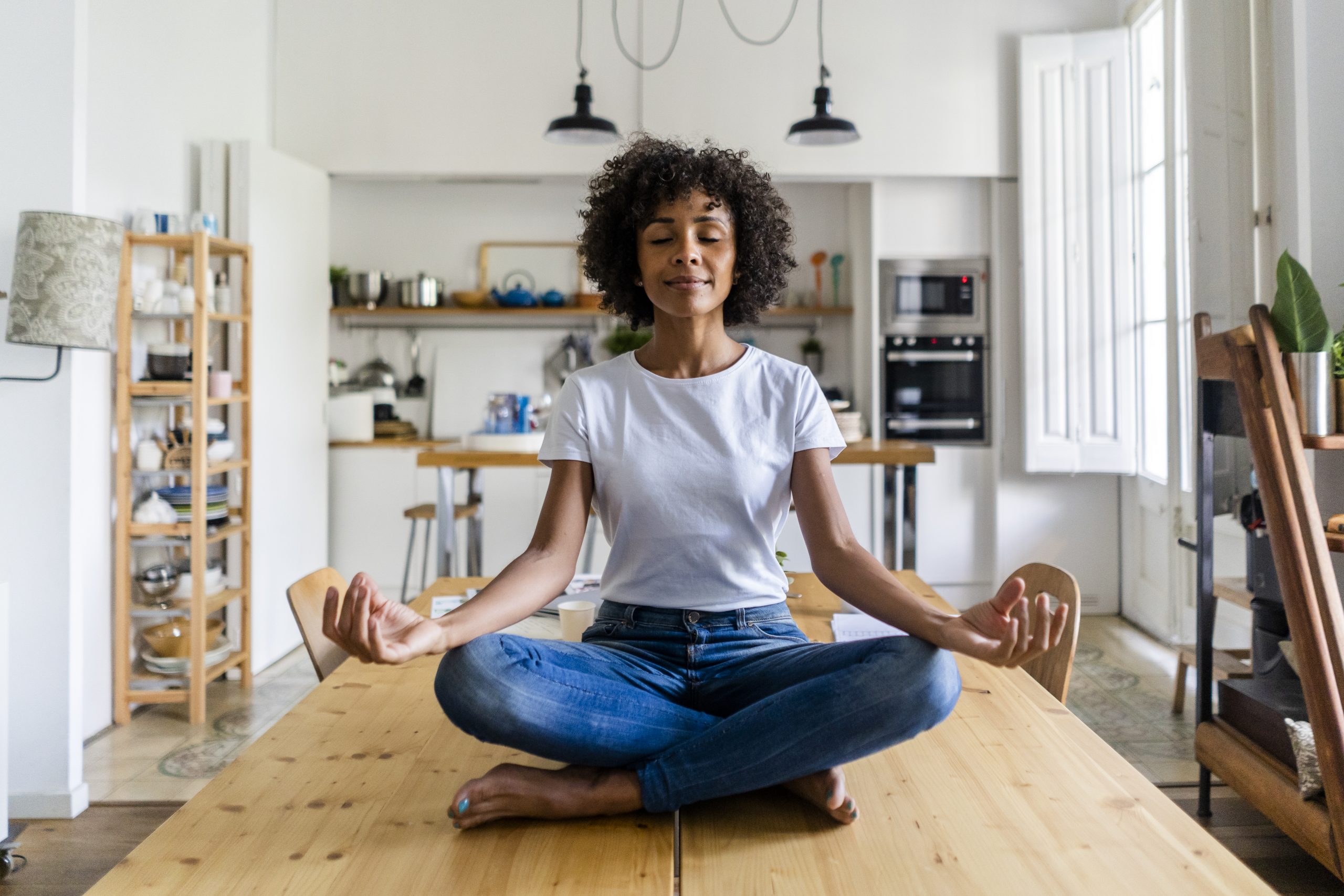Many of us are looking forward to going back to the way things were before the COVID-19 pandemic. However, the world’s been so severely impacted that life as we knew it may not return for months – or even years – to come. Embracing change may help ease some of our anxiety about the future.
Change is hard, change is slow, change is painful and change is usually dreaded. We regard the unknown as frightening and we resist it fiercely.
In reality, though, considering what’s happened in recent months, we’ve had no option but to accept change it and adapt to new ways of living. We’re still doing so.
We’re changing things we never thought could be altered. We’re changing our habits and finding new ways to entertain ourselves, shop, exercise, work and do business. And slowly, we’re also changing our expectations – which is the true secret of surviving and thriving. We’re discovering strengths and resilience we never thought we had, both individually and collectively.
So now is an excellent time to acknowledge how amazing we are and how resourceful we become when we need to be. Let’s celebrate that reality, because reality it is.
How do we find it in ourselves to adjust?
It’s our minds that tell us whether an experience is good, bad, useful, difficult, easy, fearful or exciting. The way we anticipate change determines how we prepare to encounter it. If we can learn to control our responses and replace fear with rationality, resentment with hope and insecurity with faith in our own ability to cope, we’ve overcome the hardest part. It’s not the new way of doing things that’s difficult – it’s accepting them without kicking against them, lamenting for the “good, old days” or clinging onto childish fantasies that one of these morning, we’ll wake up to find everything exactly as it used to be.
READ MORE: What would and should a post-pandemic world look like?
Reasoning is the function of our minds – and it does so by drawing on knowledge, past experiences, known predictables and possible outcomes.
But what if there were another view we could open up to, beyond reasoning and categorising?
Looking at all the creativity, connections, sharing and solidarity emerging through all the changes going on at present, can we really say we don’t like any part of change? Let’s test ourselves with this simple exercise:
For a moment, focus intensely on the space behind and above you. Slow down, take a deep breath and answer these questions:
– What aspects of your daily routine could still be changed in the future?
– Could change mean new possibilities that you never thought of, but that could deeply improve your life?
– Could change be the doorway to new levels of happiness and fulfilment?
What could it add to your life that you wouldn’t otherwise have had access to?
– How exciting could the unknown be?
– What if change were about gaining and expanding, rather than losing?
Written by Veronika Sucha


